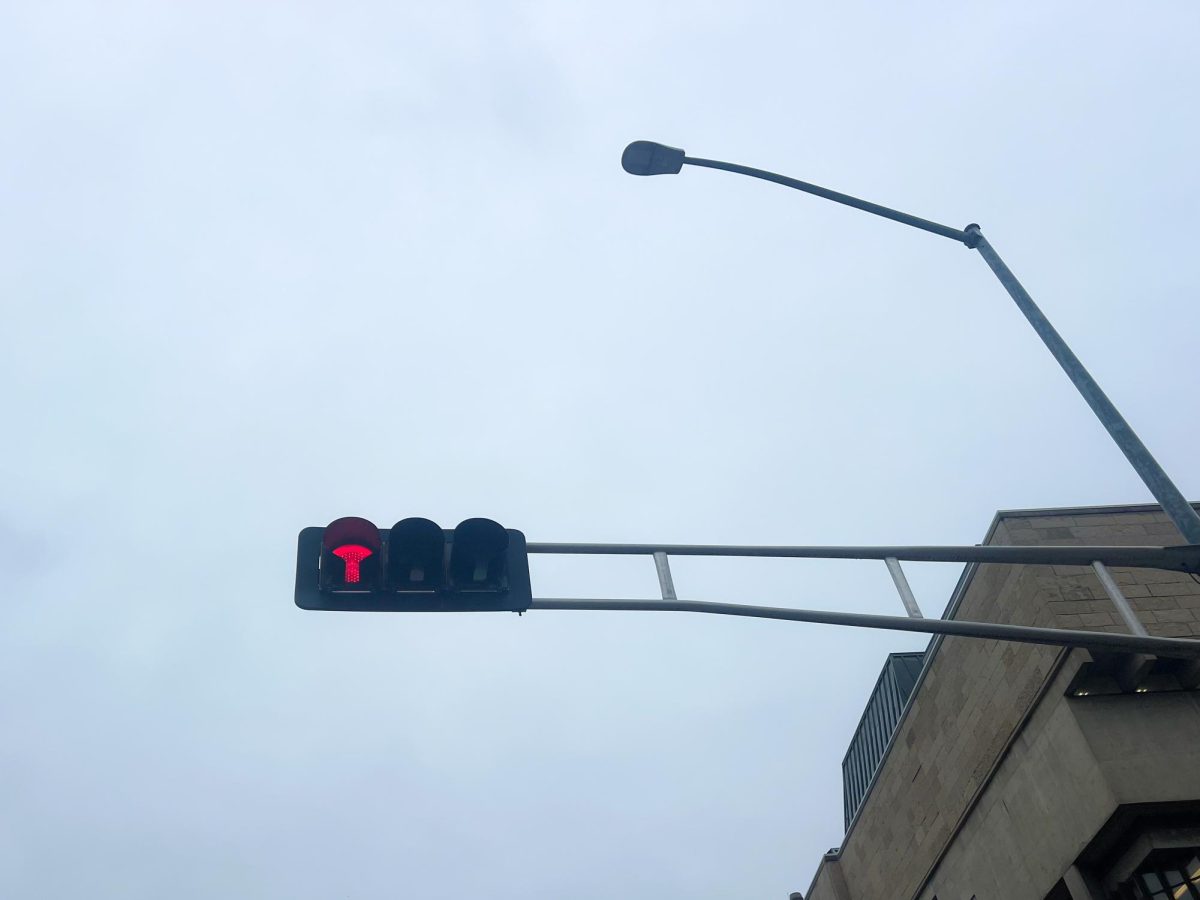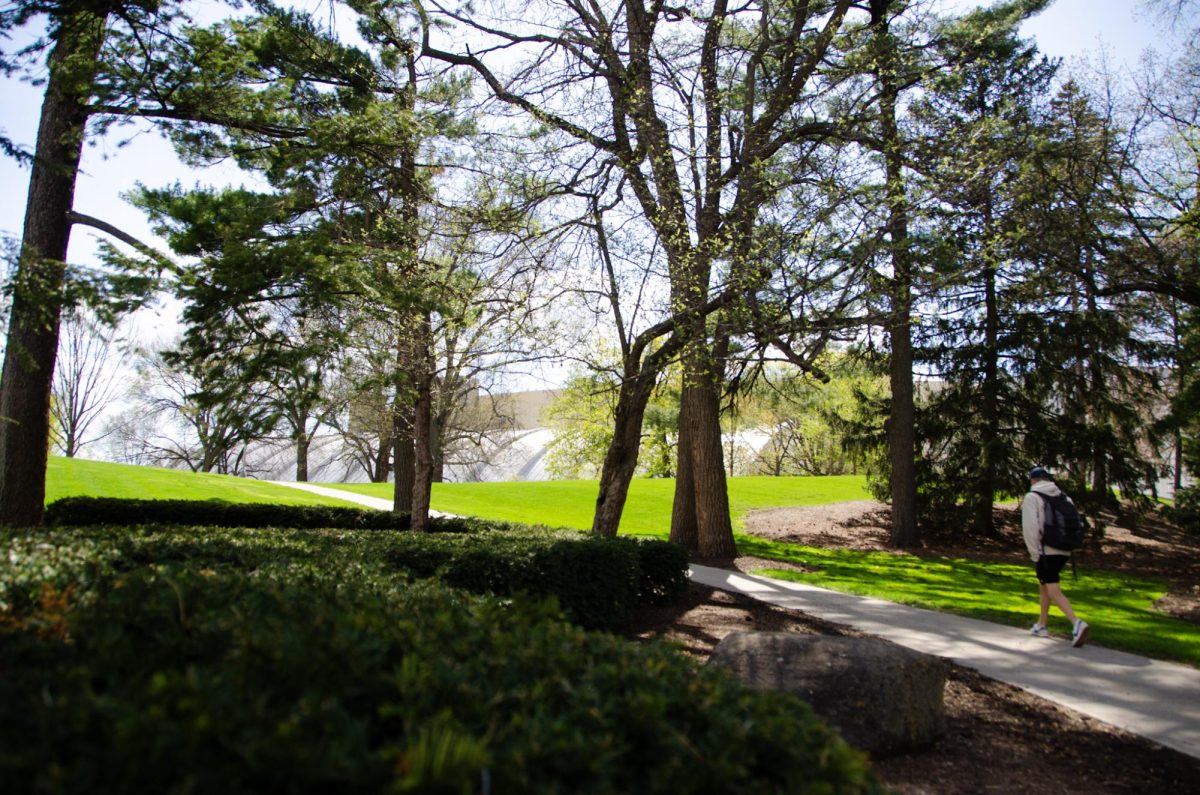Madison experienced three shootings in one weekend, breaking a five-week streak with no reported gunfire, according to a statement from Madison Mayor Satya Rhodes-Conway.
Firearms are the leading cause of death by suicide and homicide among non-Hispanic Black men aged 15-34 in Dane County, according to Public Health Madison & Dane County and their Gun Violence snapshot from 2023.
Firearm violence was declared a public health emergency in the U.S., according to a June 26 City of Madison press release. The release outlines policies that might help address gun violence.
Democrats have been pushing for science-based, pragmatic policies to be implemented in Wisconsin, State Sen. Melissa Agard, D-Madison, said.
“When I talk about proven science-based policies, I’m referring to things like extreme risk protective orders, also referred to as red flag laws, extending waiting periods after purchasing firearms, instituting background checks on all gun purchases and firearm transfers [and] giving tax credits for locks and safes for our guns,” Agard said.
The Legislature has gaveled out its session, but there are hopes the next session will begin moving policies forward following the adoption of new legislative maps, Agard said.
Practical steps, unrelated to legislation, have been taken to address gun violence through a public health lens, Agard said.
“If we can’t change the state laws and the federal laws right now, we can certainly be having the conversations at the local level,” Agard said. “We have trained our 911 operators so when they’re taking calls, they can tell whether it’s a police matter or mental health issue and get the right people dispatched,” Agard said.
Public Health Madison & Dane County has several divisions dedicated to violence prevention, including the Madison Dane County Violence Prevention Coalition, according to their website.
The Madison Dane County Violence Prevention Coalition convenes partners from around the city and the county who work on preventing violence, Director of Policy Planning and Evaluation Aurielle Smith said.
“We have a whole list of partners who engage in that work with us and they also are responsible for creating the comprehensive strategic plan for violence prevention for Madison and Dane County,” Smith said. “The current iteration of that plan is called the roadmap to reducing violence.”
These organizations are open to residents of Madison and Dane County to get involved, partnering with groups like the Madison Police Department and national organizations fighting against gun violence, such as Students Demand Action and Moms Demand Action, according to Smith.
Another Wisconsin organization, the Wisconsin Anti-Violence Effort, is working to improve community violence intervention and promote other organizations, Director of Policy and Program for WAVE Nicholas Matuszewski said.
“Promoting those groups that are doing that work on the ground is a huge part of what we do,” Matuszewski said. “One of the ways that we try to help is trying to get more funding for those organizations that are doing the on the ground work, because a lot of them have been doing great work for a while, but there’s just not a lot of funding coming from the state.”
The organization aims to work toward policy changes and violence prevention, rather than reacting after incidents, Matuszewski said.
WAVE also has a youth advisory board for those ages 14-24, which hosts tabling events and meets with Wisconsin legislators, Matuszewski said.
Both WAVE and Public Health Madison & Dane County highly encourage student engagement. The upcoming November elections will be crucial for those seeking a significant shift in addressing gun violence, Agard said.
“Students have been showing up and leaning in over the last decade plus, saying this isn’t okay, we’re kids, we want to be able to be kids,” Agard said. “Not everyone’s 18 … so those of us that are voters need to vote, not only for ourselves, for our friends and neighbors.”







